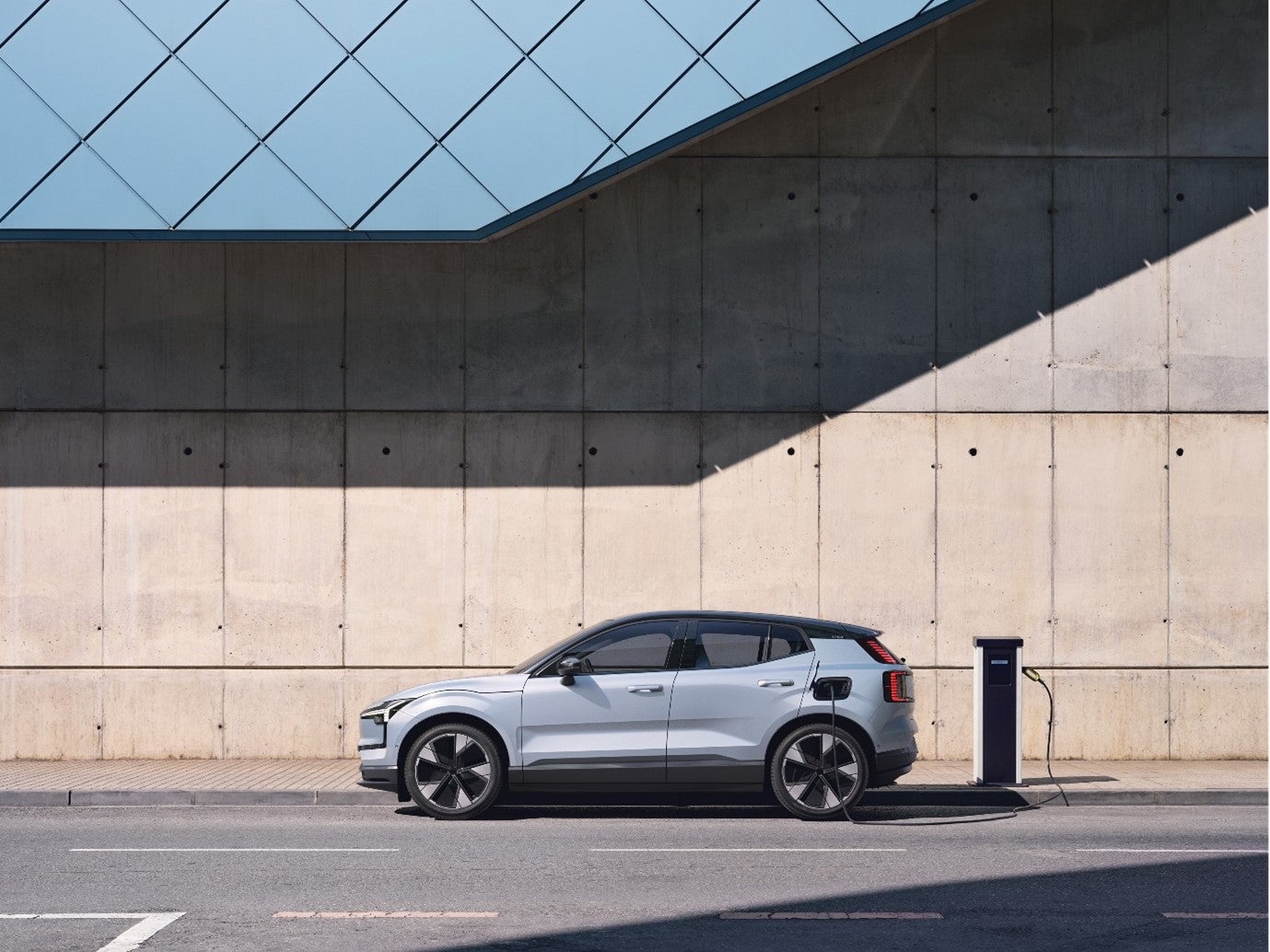
Europe’s largest carmakers reported have urged the president of the European Commission to postpone the “cliff edge” introduction of post Brexit tariffs they claimed would harm EU electric vehicle production.
The Guardian said Renault, Mercedes-Benz, Volvo and Ferrari were among 13 large manufacturers who wrote this week to Ursula von der Leyen asking for a delay to “rules of origin” that are scheduled to come into force on 1 January.

Discover B2B Marketing That Performs
Combine business intelligence and editorial excellence to reach engaged professionals across 36 leading media platforms.
The report said car industries on both sides of the Channel had united in calling for the deadline to be delayed by three years until the end of 2026, to avoid 10% tariffs being imposed overnight.
The issue has been regularly mentioned by the UK’s Society of Motor Manufacturers and Traders (SMMT) auto industry lobby group in its monthly sales and industry output reports.
The Guardian said the carmakers expressing concern also included Toyota, Ford and Jaguar Land Rover, all of which have factories in Britain, plus BMW and Volkswagen, which own Rolls-Royce and Bentley in the UK.
They reportedly have gained the strong backing of the UK government which wants to avoid any negative impacts from Brexit. However, the paper added, senior EU officials have said they do not believe the negotiated deal should be reopened to appease the car industry.
The report noted the UK and EU agreed a hurried Brexit deal on Christmas Eve 2020, to the relief of carmakers and many other industries. However, the deal also included rules to force carmakers to source batteries from the EU. Exported cars between the UK and EU will be subject to 10% tariffs if they do not source batteries from within Europe.
About 90% of electric cars exported from the EU to the UK, and vice versa, would be affected but petrol and diesel cars would not to the chagrin of environmental campaigners, the Guardian said.
The rules are a problem because China, South Korea and Japan dominate the global battery manufacturing market. The carmakers believe tariffs on European vehicles will help Chinese manufacturers, which are hoping to win a larger share of Europe’s market in a shift which could threaten European jobs.
The tariffs “would have a direct impact on the competitiveness of EU electric vehicle manufacturing by reducing our share in Europe’s number one EV export market”, the carmakers reportedly wrote, referring to the UK.
According to the paper, the car company chiefs said the rules of origin were “unachievable” and would “have significant direct consequences in terms of a potential loss of EV manufacturing output in Europe”.
Imposing the tariffs would be “incoherent” because it would risk damaging new green industry at a time when the EU was trying to encourage it, reportedly said the letter, which was coordinated by the European Automobile Manufacturers’ Association lobby group.
The Guardian report noted a series of huge gigafactories are under construction across Europe, to try to redress the imbalance in battery supply, but they are coming too late for the 1 January deadline.
Europe’s share of the global industry is expected to double by 2035, the paper said, citing Benchmark Mineral Intelligence.
Gigafactories include JLR owner Tata’s planned plant in the UK, two factories in France’s northern ‘Battery Valley’ and nine new or expanded plants in Germany, Europe’s traditional automotive heartland, the Guardian added.






